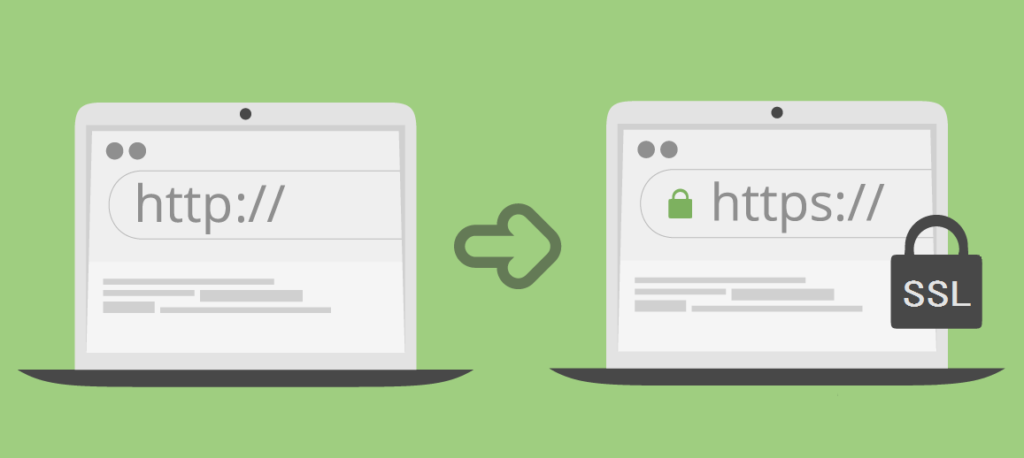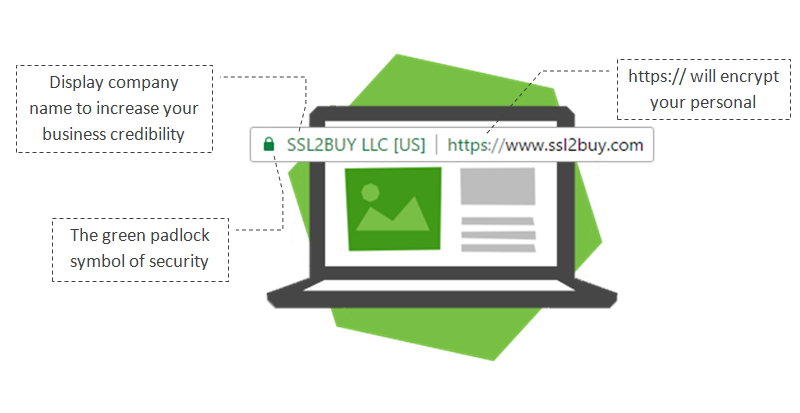
SSL certificates have become an integral component of present-day web technology. They are the digital fortresses that provide security from hacking and cyber security threats for eCommerce and other online transactions.
They aid in keeping businesses and customers safe from cyber security threats while transacting money transfers, account information sharing, exchanging vital documents, or even when engaging in private conversations. Furthermore, SSL Certificate play a major role in boosting search engine ranking, increasing conversion rates, establishing brand identity and much more.
SSL certificates are several types. Each type of SSL certificate has its own set of individual traits which provide a different level of security to its user websites. The trust level or the validation as it is referred to in SSL certificates is the pivot point that determines the buy worthiness of a SSL certificate.
Why is validation important?
As the entire eCommerce industry is reliant on customer trust for business, it is necessary for website owners to have security measures that will thwart phishing, credit card information leak, hacking, DDoS attacks, etc.
Validation of a SSL certificate is the extent of protection it can provide to the business and customers when live sessions are carried out. The validation of a SSL certificate is established by the Certificate Authority, the entity that issues the Certificate to the website after verification.
In case you are not sure of the level of validation required for your website, there are SSL certificate trials available for limited periods.
In this informative article, we break down the differentiating features of four main types of SSL certificates:
- Single domain SSL Certificate
- SAN SSL Certificate
- Wildcard SSL Certificate
- Extended validation SSL Certificate
Single Domain SSL Certificate
Single domain SSL Certificates are the basic type of SSL certificates. They secure a single domain owned by the business. Although named differently by each Certificate Authority (CA), single domain SSL certificates are primarily bought for a basic security purpose, that is, HTTPS encryption.

Single domain SSL certificates are best suited for websites that need HTTPS encryption for higher organic search engine traffic. Since there is no verification process involve, single domain SSL certificates can be obtained quickly, usually within the same day or as quickly as within a few hours.
Single domain SSL certificates are ideal for personal websites, blogs, single page corporate websites, etc.
Wildcard SSL Certificate
Wildcard SSL Certificates can be used to secure a single domain and its first-level sub-domains.
For example, with a wildcard SSL certificate, you can secure a www.example.com, mail.example.com and anysub.example.com. The need to buy an extra certificate for mail.example.com is not necessary. Any number of additional sub-domains can also be added to the one owned Wildcard certificate.

Wildcard SSL certificates can be obtained within the same day of application since there is no extensive verification process conducted as is the case in EV ESSL Certificate.
Wildcard SSL certificates are ideal for eCommerce, social media, media hosting and video sharing websites who wants a secure online portal to run multiple sub-domains.
SAN SSL Certificate
SAN SSL Certificates also referred to as Multi-domain certificates or Unified Communications are used to secure multiple domains and sub-domains using a single SSL certificate.
Using SAN SSL certificate one can secure the following kinds of domains & sub-domains:

The number of domains and sub-domains that can be secured varies with Certificate Authority. Usually a single SAN SSL certificate helps secure from 25 to 100 domains and sub-domains.
It is most suitable for eCommerce stores, privately owned websites and corporate websites with a number of associated internal links, domains & sub-domains.
Extended Validation SSL Certificate
Extended Validation SSL Certificates are considered to be highest form of web security measures available in the market today. Extended Validation SSL certificates came into popularity when there was a spreading distrust in online stores and eCommerce websites.
EV SSL Certificates establish the legal identity to assure users that they are transacting with a legitimate entity that is the owner of the website and no other third party.
Due to the rigorous verification process involved, the issuance period of an Extended validation SSL certificate is far longer than other SSL certificates.
The application process for an EV SSL Certificate involves:
- Verifying, identifying and establishing the physical existence of operations and the entity itself
- Matching the entity records with existing paper records
- Verifying whether the entity has the legal right to operate or control the said domain name
- Verifying whether the Certificate Service Request (CSR) is indeed applied for by the entity
Features of EV SSL certificates
Following are the distinct features that set apart EV SSL Certificates from other SSL certificates. They are unique features which cannot be integrated in any form.
- Green address bar
- Green padlock symbol in address bar
- Name of the domain owning website in green in the address bar
- Ororganization information mentioned in the certificate. It can be seen by clicking on the green padlock symbol that precedes the URL address

How to choose the best SSL certificate?
There is no one single certificate that will meet all the needs of a website. Depending on the business type, required validation level and volume of transactions, the type of SSL certificate will vary.
However, an ideal choice can be made on factors like level of customer trust required, involvement of financial transactions, need for customer account safety, budget, speed of issuance and validity.
SSL certificates are usually issued for a period of one year after which they expire. However, auto renewal of the certificates can be set up through advance payments.
We suggest you to do a thorough analysis of business requirements and security threat involved before investing in a SSL certificate.
